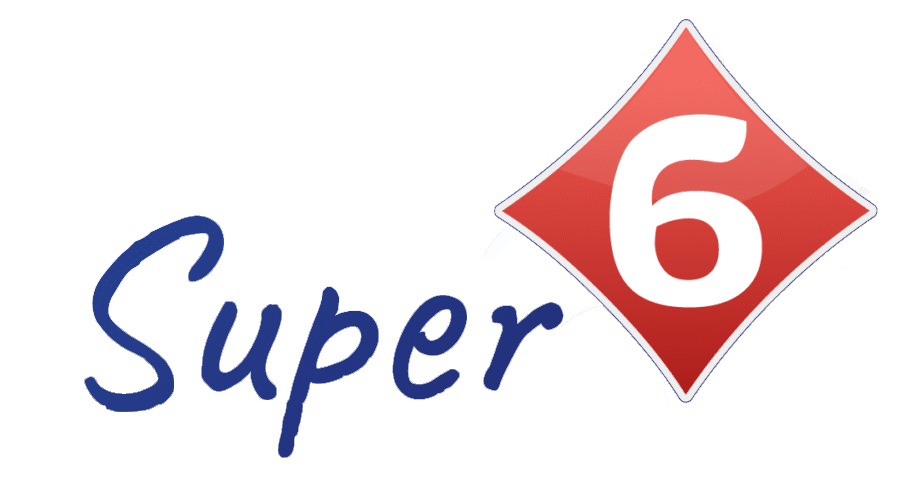Most Popular Sports In Australia
Australia has a long history with sport that began with the early colonial era. Among the first organised sports in Australia were tennis, cricket, rugby league, rugby union, association football, and Australian rules football. These are some of the most popular sports in Australia. Sport has influenced Australia’s national identity, particularly through the America’s Cup … Read more







